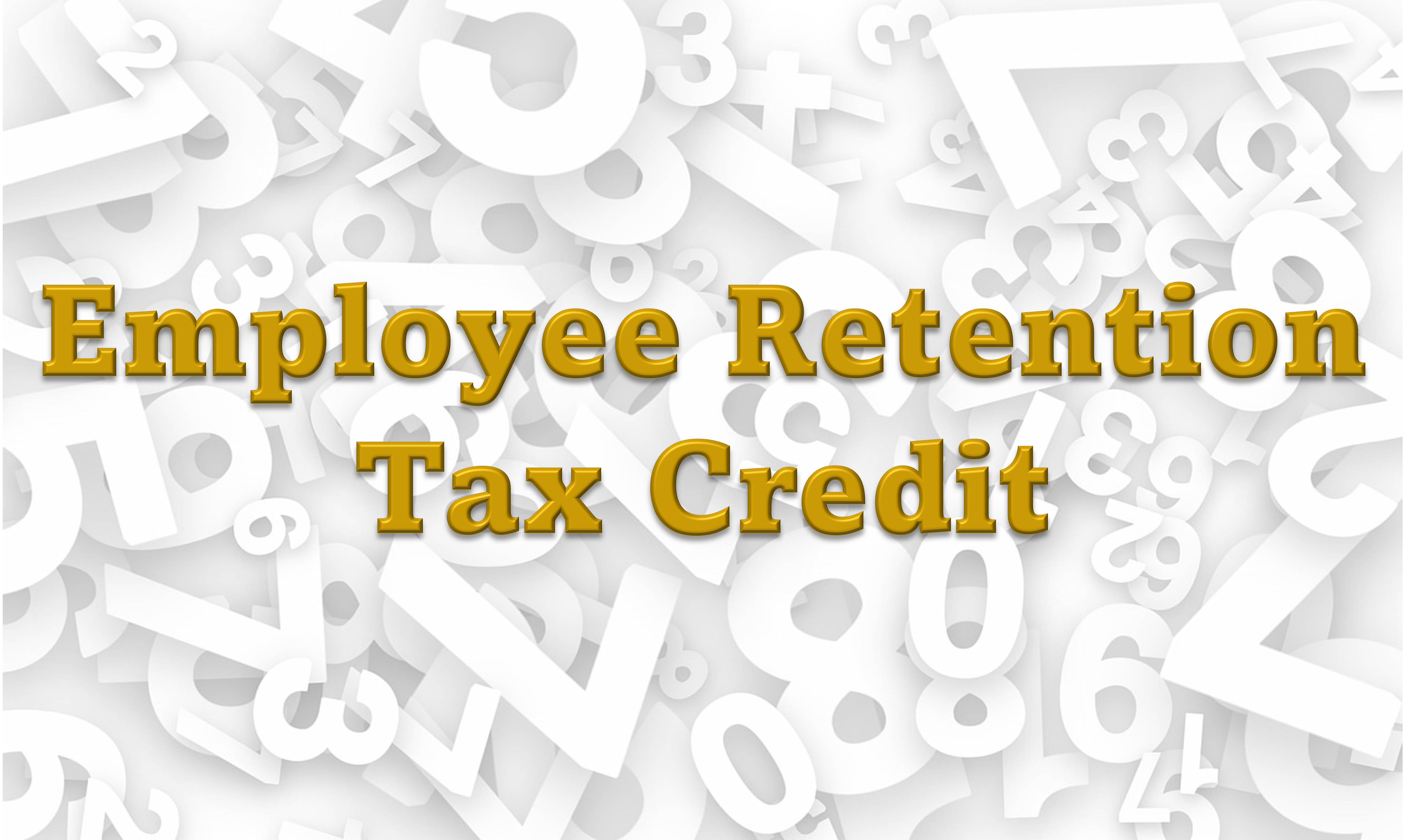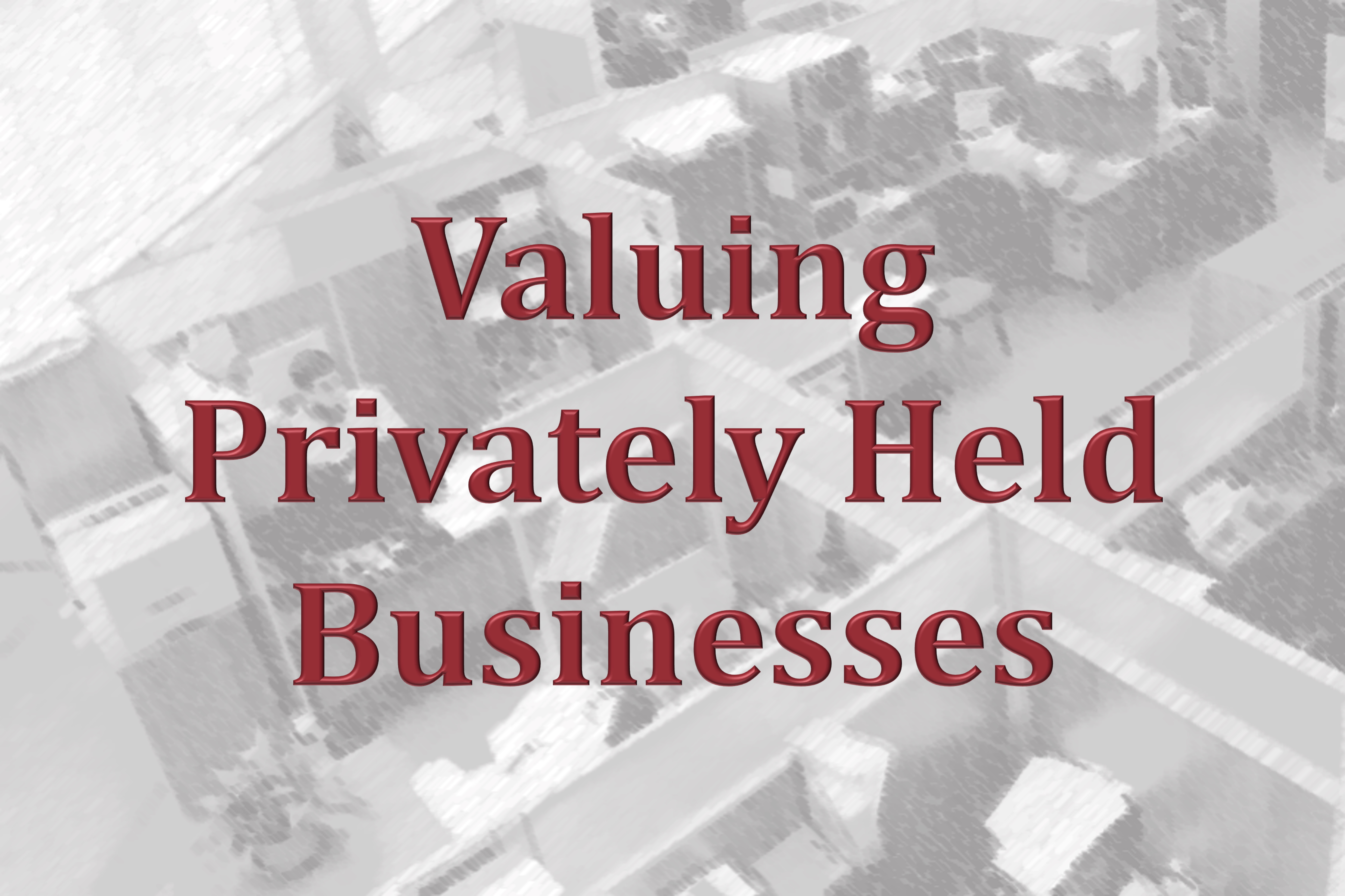If you’ve ever considered paying employees in cash under the table, resist the temptation. Not only do you and your workers risk penalties, but the practice may do significant financial damage to your business and could even result in criminal prosecution.
Justifying the practice
Employers may make financial justifications for paying cash wages. It lowers tax and insurance costs, reduces bookkeeping time, and can provide owners with a competitive advantage. Sometimes employees ask to be paid in cash — and cash wages are routine in certain industries, such as restaurants and construction.
However, to avoid possible legal repercussions, employers must withhold taxes from employees’ pay. You can, of course, pay employees in cash if you:
- Report what you pay
- Deduct the appropriate taxes
- Pay the employer portions of Social Security and Medicare, and
- Pay a percentage in unemployment insurance.
Paying the piper
If you’re caught paying workers under the table, the consequences can be severe. Business owners found guilty have been sentenced to pay steep fines and restitution and serve prison time.
Even if you’re caught paying undocumented wages on a small scale, the IRS will likely be
interested in you. It has broad powers to go after employers that don’t withhold taxes from employees’ paychecks, and violators can be liable for as much as 100% of the taxes they should have paid, plus interest and penalties. Then there’s state and local taxes and unemployment premiums, along with associated interest and penalties.
If regulators find unreported wages during an audit of your business, you’ll likely be required to reconstruct your payroll records going back at least to the time you stopped reporting wages. If officials suspect you were intentionally breaking the law, they can keep going back further, potentially all the way to your company’s inception.
Employees who receive unreported wages share the blame. They can be subject to tax audits for not reporting their wages and will be liable for any resulting back taxes, interest and penalties. And these workers have no paycheck stubs or W-2 forms to verify their wages, which could make getting a bank loan or lease difficult. Worse, the employees aren’t accruing Social Security benefits and could be denied unemployment compensation if they lose their jobs.
Avoid shortcuts
Under-the-table wages may seem like a good deal both for your balance sheet and your employees’ pocketbooks, but the practice comes at a high cost. Contact us for more information.
© 2018






